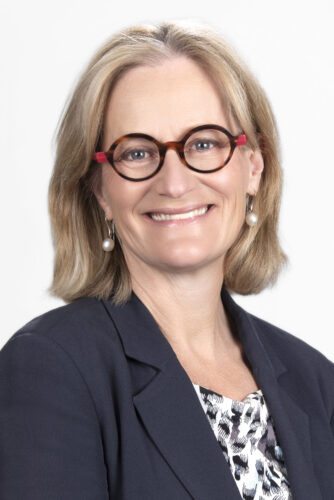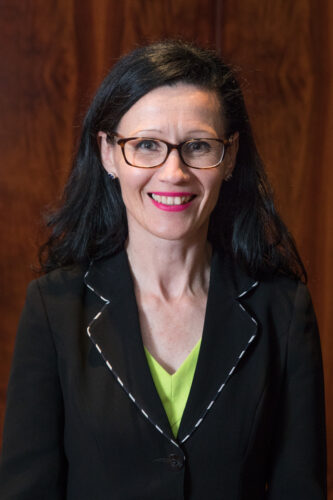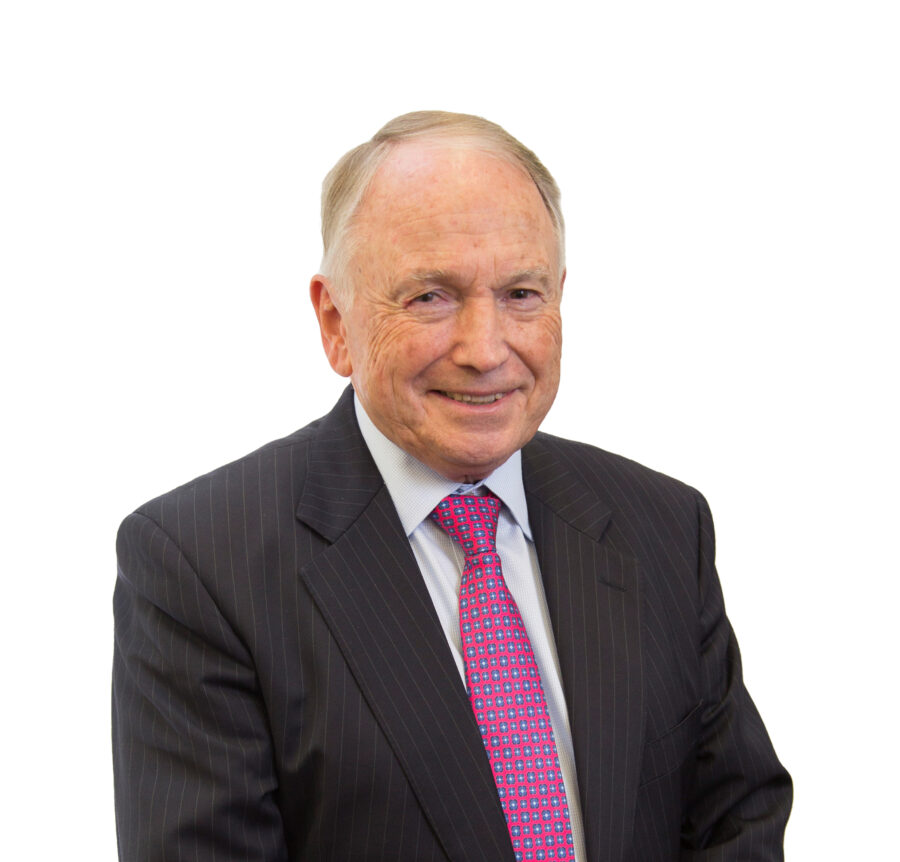Media Release: Blood cancer group’s five decades of research for better treatments
Fifty years on, a voluntary group of blood cancer experts is continuing to change the way cancer is treated and today press for more patients to access clinical trials
For five decades now, a cooperative group has been bringing together blood cancer experts from across Australia and New Zealand to volunteer their time and run clinical trials to change the way the disease is treated. The not-for-profit Australasia Leukaemia and Lymphoma Group (ALLG) has contributed to what are now standard treatments for some blood cancers and continue to drive change for greater access to new and more effective therapies for patients.
Every advancement in treatment available today has only been made possible through clinical trial research. Professor Judith Trotman, the ALLG Scientific Advisory Committee Chair explains, “Fifty years ago, most patients with blood cancer died within months. Now, most will have a near-normal life expectancy.”
“The ALLG, the oldest cooperative trials group in Australia and New Zealand (ANZ), has spent five decades at the cutting-edge of the global development of cures for blood cancer,” Prof Trotman says. “At 83 hospital trial sites across the country and ten in New Zealand, the ALLG has supported over 12,000 patients that have contributed to, and benefited from, our clinical trials, with extraordinary advances in survival.”
Professor Trotman says that through ALLG’s international collaborations with the UK, US and numerous European countries, the Group’s impact has more than tripled the survival rates for patients with the Hodgkin & Non-Hodgkin lymphomas. Despite delivering much better treatments now for many types of blood cancer, Professor Trotman says there is ongoing unmet need that the ALLG’s research strategy is targeting.
Most people have heard of blood cancers leukaemia, lymphoma and myeloma, however the challenge to find better treatments and ultimately a cure for all is immense as there are 180 different sub-types of blood cancer. For example, Acute myeloid leukaemia (AML), a rapidly progressing cancer of the blood affecting immature cells of the bone marrow, is still the most fatal type of leukaemia.
In a world first for AML clinical trials, the Group’s AMLM26 INTERCEPT study aims to radically change the way AML therapy is determined. The trial, which recently opened the first hospital site, is designed to introduce a range of new medicines and new technologies to aide in the early detection of AML relapse. This is just one area of unmet need the Group is addressing to bring better treatment options to patients.
A leader on the Federal Government’s Blood Cancer Taskforce, the ALLG is also shaping how standard clinical practice treats patients with blood cancer to ensure that they have the best treatments available regardless of where patients live.
In addition, for patients living far from major metropolitan hospitals, the ALLG’s Rural and Regional Haematology Working Group aims to extend teletrials to offer more ALLG clinical trials to patients who would otherwise not be able to participate due to travel distance.
Looking to the immediate future, the ALLG membership of blood cancer experts is joining the revolution in targeted therapies; studying how best to optimise the use of life-saving ways that harness the body’s own immune system. The group is also expanding its National Blood Cancer Registry and biobank of blood and tissue samples so that researchers can better understand blood cancer.
This work will offer more targeted treatments with less side-effects so that patients not only live longer but have a better quality of life. All of this is only possible if patients can have better access to participate in clinical trials and if there is continued support for the trial infrastructure and training for the next generation of blood cancer researchers.
Visit ALLG’s website to learn more about the 5 decades of impact in blood cancer.

ALLG Scientific Advisory Committee Chair, Professor Judith Trotman

ALLG Chief Executive Ms Delaine Smith

ALLG Chairman of the Board, Mr Peter Kempen AM

